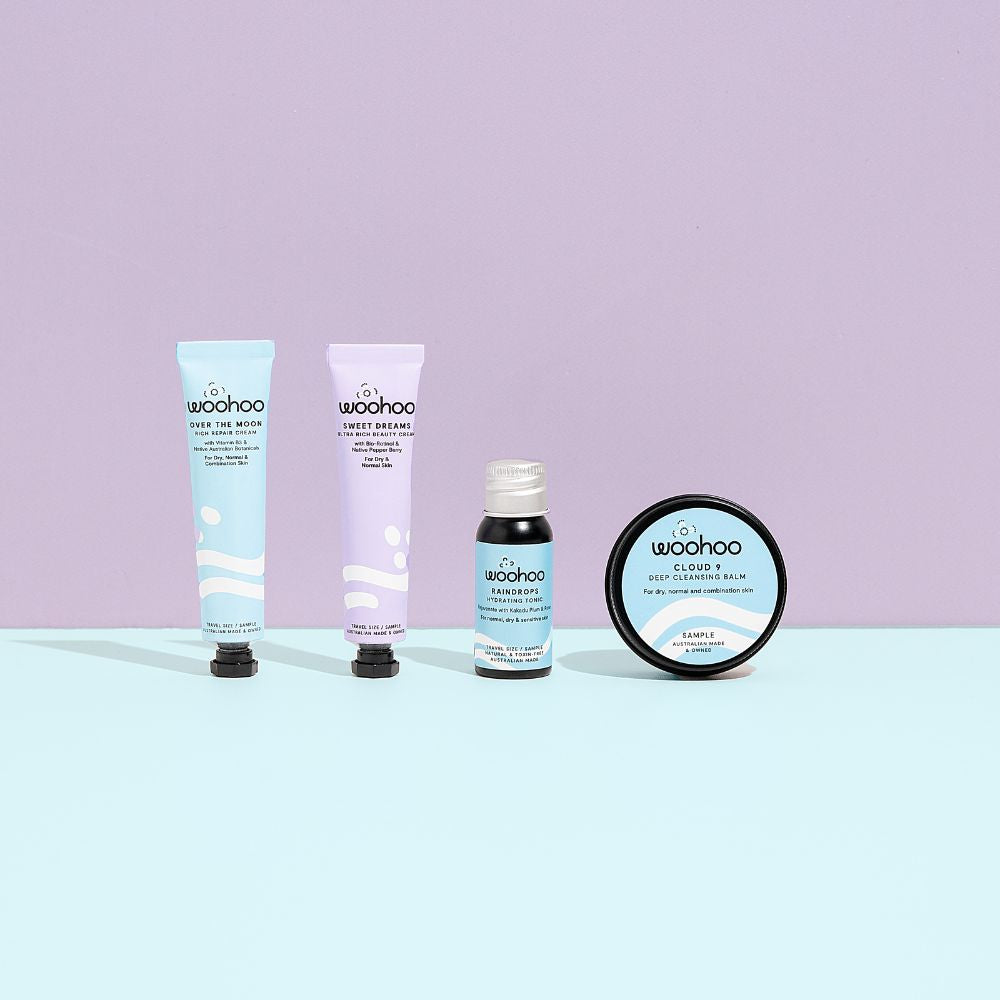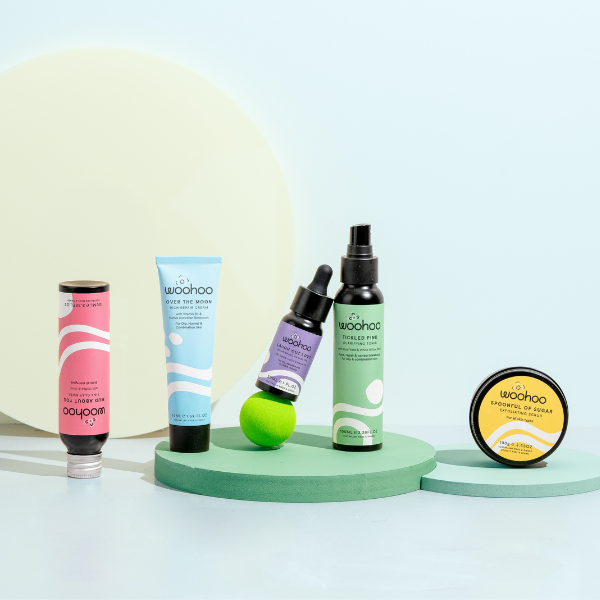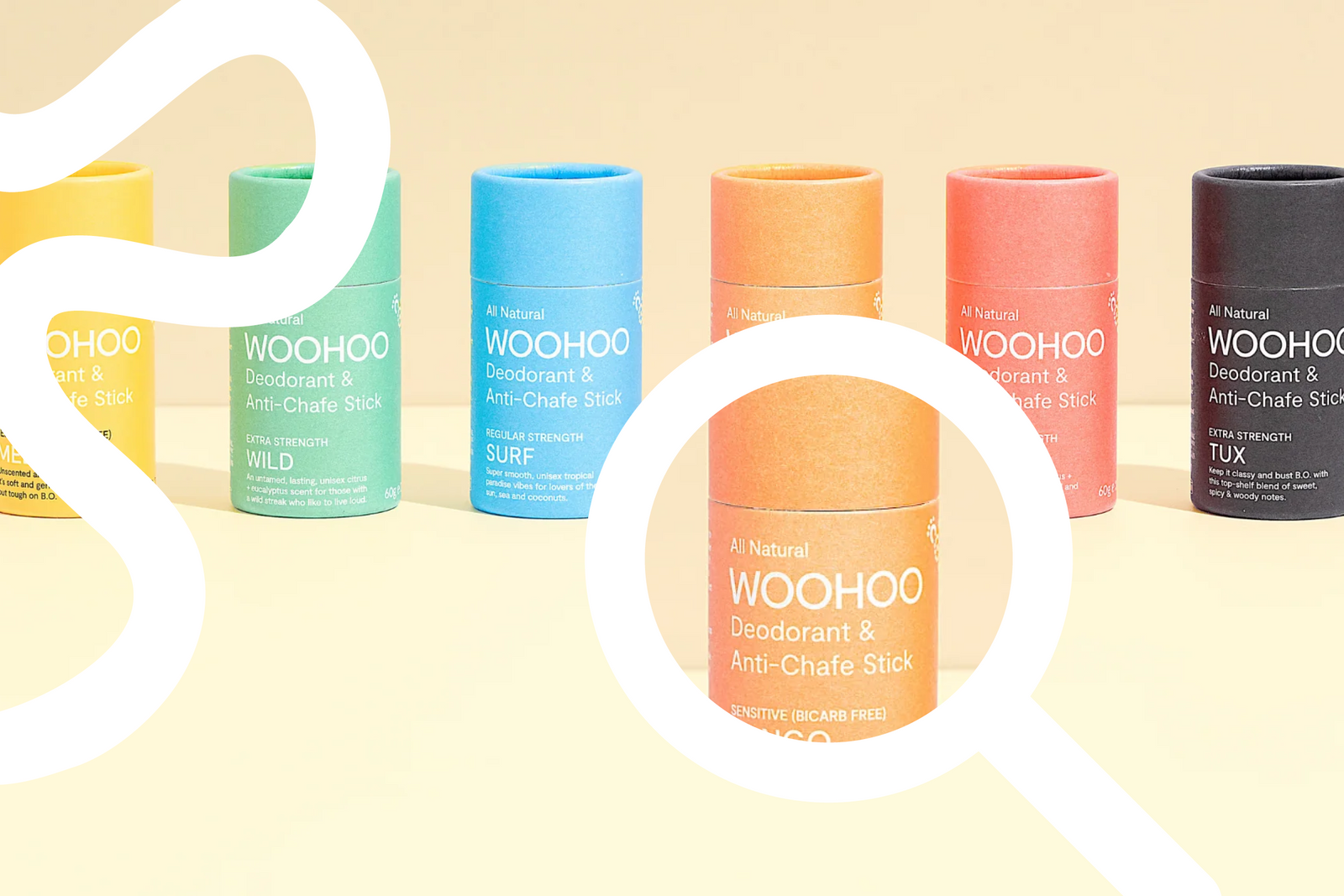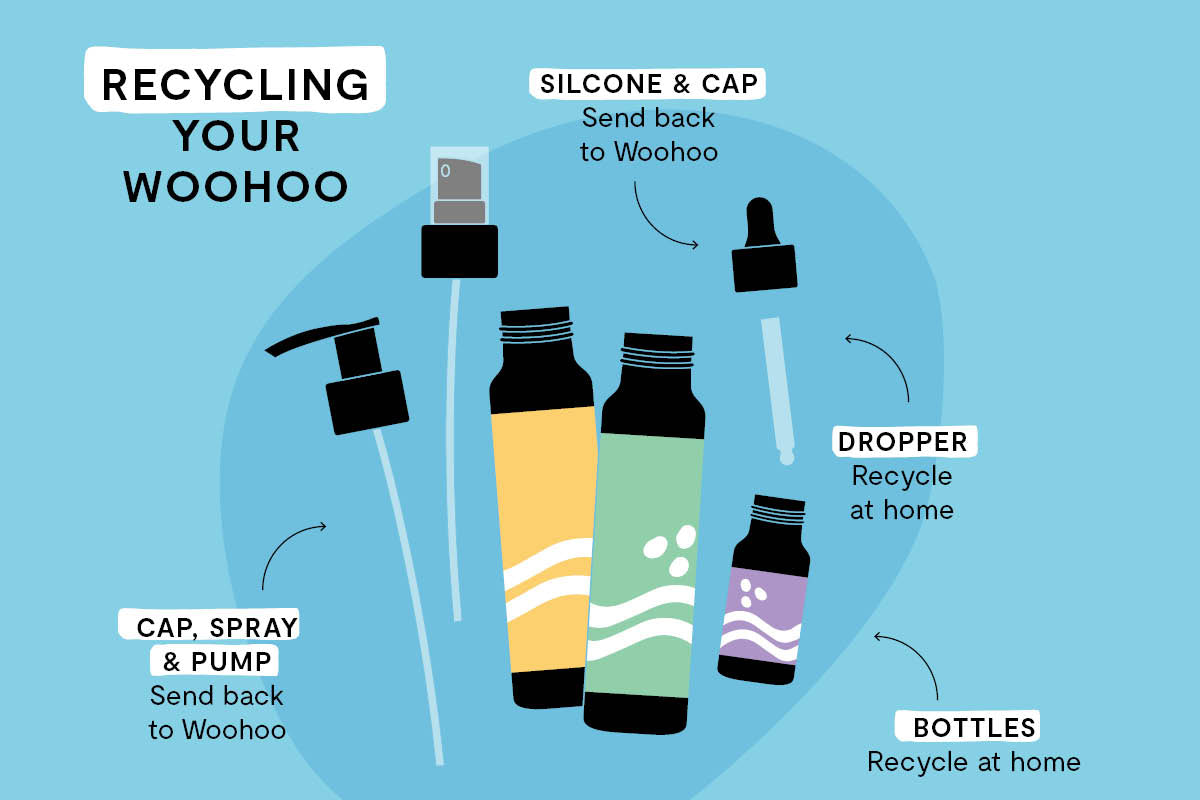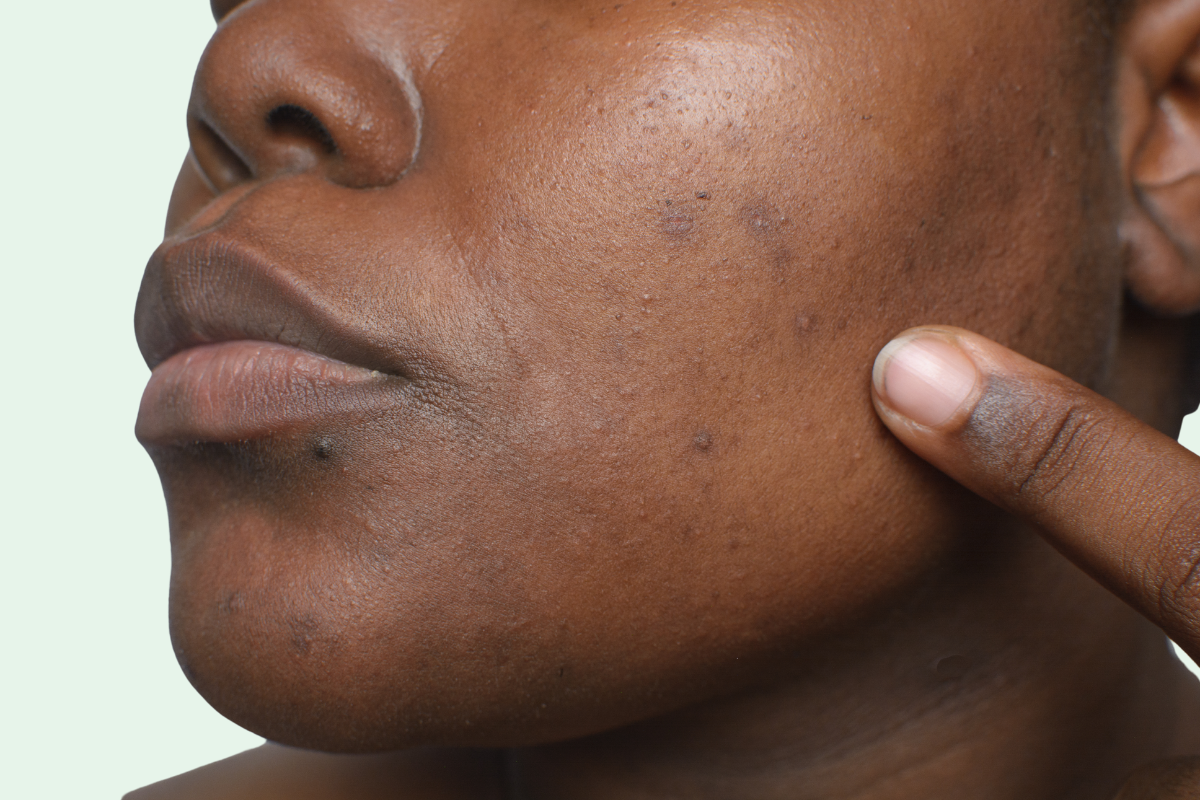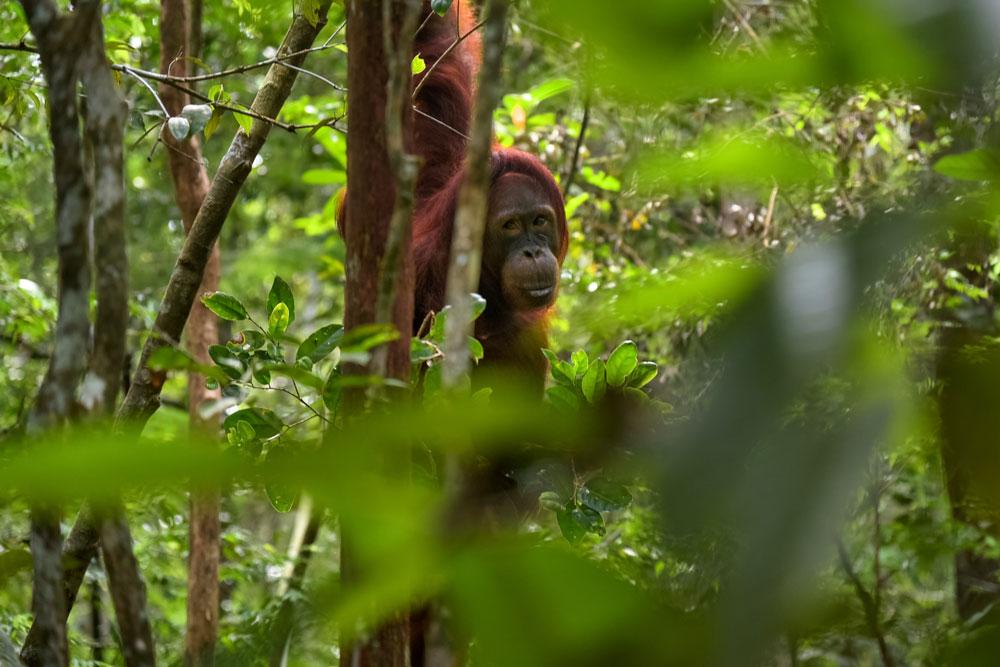
Over the last few weeks we’ve been getting asked a lot about Palm Oil which is great – it means you are very aware and trying to reduce your environmental footprint. Kudos!
Palm Oil is a very complicated and emotional issue and we do not profess to have all the answers but we thought we’d share some of the information we found to help paint a fuller picture.
There are good things about Palm Oil
- The Oil Palm is one of the best renewable sources available. Everything on the plant can be used. The oil is used for food, biofuel and personal care items, the shells are used to make activated charcoal and the fronds and trunks are used to make chip board for furniture.
- It uses the least amount land for most amount of oil. Other plant oils like sunflower or coconut use more land for the same amount of oil. You can create 4 – 8 times more palm oil per hectare of land than any other oil.
- It’s very versatile and has a long shelf life.
- It’s a healthy oil with a very high vitamin E content.
- It’s inexpensive to make.
It’s very easy to see why manufacturers were drawn to palm oil. It seemed liked a great solution for a whole range of products across lots of industries.
The cosmetics industry plays a fairly small role in consuming palm oil when compared to others. One of the most surprising facts we have found is how much palm oil is in the food we eat every day, especially chocolate! Palm oil is said to be found in around 40-50% of our household products (in baked goods, confectionery, shampoo, cosmetics, cleaning agents, washing detergents, toothpaste etc.).
So what’s the problem then?
If it wasn’t for the Asian elephant in the room (or Orang-utan, Asian Tiger and Asian Rhino) then Palm Oil would be perfect. But the sad fact about Palm Oil is that it grows best where rainforests are and since it’s under high demand, developing countries are clearing rainforest to grow their economy.
This large-scale deforestation is pushing many species to extinction, and findings show that if nothing changes species like the orang-utan could become extinct in the wild within the next 5-10 years, and Sumatran tigers less than 3 years.
Awareness is growing about the unsustainable farming practices of palm oil and the danger that we’re putting some of our precious wildlife into, and the good news is that many food and cosmetic companies are looking for alternatives to lower their use of palm oil.
But the demand for Palm Oil is about to get even higher
At the same time some of us are moving away from palm oil, the push for more biofuel (to replace crude oil) is increasing demand, causing even more deforestation.
Currently 38% of the world’s palm oil is used for biodiesel and energy, but that is set to grow.
The Malaysian Government just increased the amount of palm oil to be used for biofuel from 2% to 10%. And the EU is aiming to increase biofuel usage by 20% by 2020, China 15% and India 20% by 2012.
What should we do?
We feel that banning palm oil completely isn’t the answer because that just means that another crop will take its place with its own environmental problems.
Sustainable palm oil farming could be the solution but it’s very complicated and has some loop-holes.
The Roundtable on Sustainable Palm Oil (RSPO) was formed in 2005 and you can now get Certified Sustainable Palm Oil (CSPO). Unfortunately though the RSPO isn’t perfect – it still allows deforestation as long as the forest is not classed as high value. Classing forests is subjective and the forests deemed ok to be cleared could still be destroying the Orang-utan’s habitat.
We try and use palm oil free ingredients but when it can’t be avoided (which is becoming rarer) we do everything in our power to ensure it has come from a certified sustainable source.
Click here to browse our palm oil free Woohoo Body product range.
For many of our other products, it’s almost impossible for us to know 100% whether palm oil is in there or not because we use a few ingredients like 'Isoamyl Laurate’ which can be made from either coconut oil OR certified sustainable palm oil.
There are new innovations on the horizon that could replace palm oil such as algae oil. But until then we can all keep the pressure on through our purchasing decisions and getting brands to be more transparent.
We hope this has helped shed some light on a very complicated issue. 
